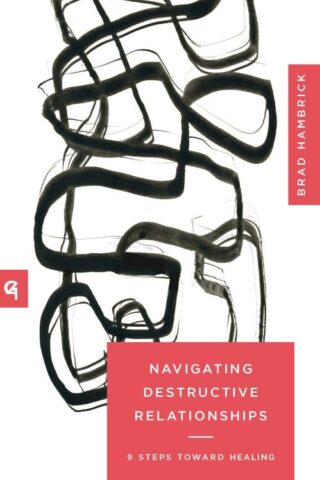Brad Hambrick
Showing the single result
-
Navigating Destructive Relationships
$19.99All relationships disappoint us from time to time. But some relationships are destructive, especially those marked by addiction, abuse, and/or life-dominating problems. Navigating Destructive Relationships, a support group curriculum, provides you with a safe and stable place where you can name what’s going on and turn toward God. You are not alone. God sees and cares for your suffering.
Navigating Destructive Relationships is built on a 9-step model that helps you process intense relational suffering with the hope of the gospel. Learning alongside others facing similar challenges allows participants a unique opportunity to grow as they identify choices they can make in response to their loved one’s destructive patterns.
This resource is part of the Church-Based Counseling series, built on the G4 model of subject-specific, lay-led counseling groups, designed to help churches create sustainable lay counseling ministries.
Add to cartin stock within 3-5 days of online purchase






